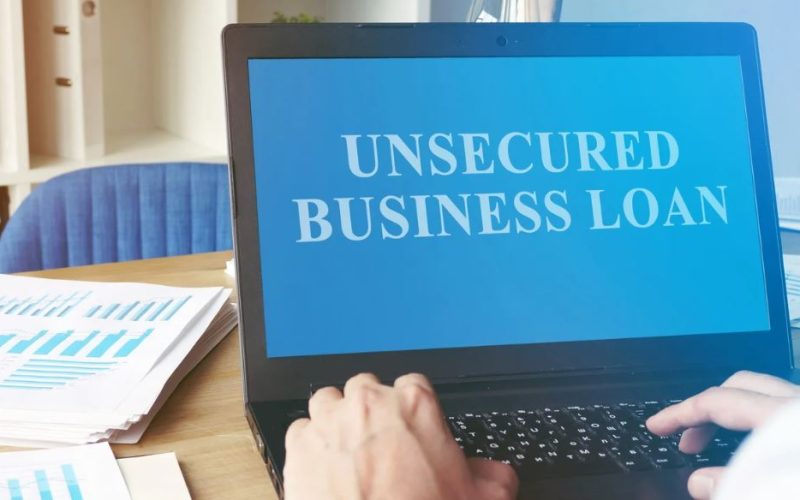Choosing the right type of finance can shape how your business grows, manages risk, and handles day-to-day costs. Some loans ask you to provide assets as security, while others offer funding based on your credit and income.
Understanding how these two options differ could make or break your next financial step. Read on to see which option gives your business the upper hand without locking you into the wrong choice.
What is a Secured Loan?

A secured loan is backed by something valuable, usually property, equipment, or another business asset. This gives lenders confidence they’ll get their money back, even if your business struggles to repay.
Because the risk is lower for lenders, secured loans often come with lower interest rates and longer repayment terms. However, they can take longer to process and put your assets at risk if repayments fall behind or stop altogether
Understanding Unsecured Loans
In contrast, unsecured loans don’t require any business assets as backing. These loans are based on your credit rating, income history, and overall financial health. They can be approved faster and are more flexible for businesses that don’t own large assets.
If you’re looking for a business loan without collateral, unsecured options like Love Finance loans suit your situation. This route avoids tying your assets to the loan but usually comes with higher interest rates and shorter repayment timelines.
Cost and Risk: What to Expect
The main cost difference between the two lies in the interest rate and repayment structure. Secured loans tend to have more affordable terms because the lender has protection in the form of collateral.
Unsecured loans are riskier for the lender, so you’ll often pay more over the life of the loan. Still, they can be a smart choice for newer businesses or those that want to avoid pledging assets.
In the UK, the average rate for a secured loan can range from 3% to 6%, while unsecured business loans typically start around 7% or more, depending on your credit profile.
Application Process and Access

Secured loans usually involve a longer application process, including property valuations and legal checks. They’re better suited for long-term investments such as buying commercial space or funding major expansion.
Unsecured loans are quicker to obtain, sometimes within days. They suit businesses needing fast access to cash for things like payroll, short-term projects, or unexpected costs.
Which is Right for Your Business?
If your business owns valuable assets and you’re planning for long-term growth, a secured loan might be the right fit. It offers better rates and can unlock larger sums of money.
However, if you’re prioritising flexibility and don’t want to risk losing your property or equipment, unsecured loans offer speed and simplicity, especially when you need funding fast or lack physical assets. Just be sure your repayment plan is solid, and always read the fine print.
Make Your Choice Count
Choosing between secured and unsecured loans comes down to how much risk you’re willing to take and how quickly you need the funds.
Take stock of your business’s financial position, future plans, and how much risk you’re willing to take. With clear thinking and proper planning, either option can support your goals without causing financial strain.









